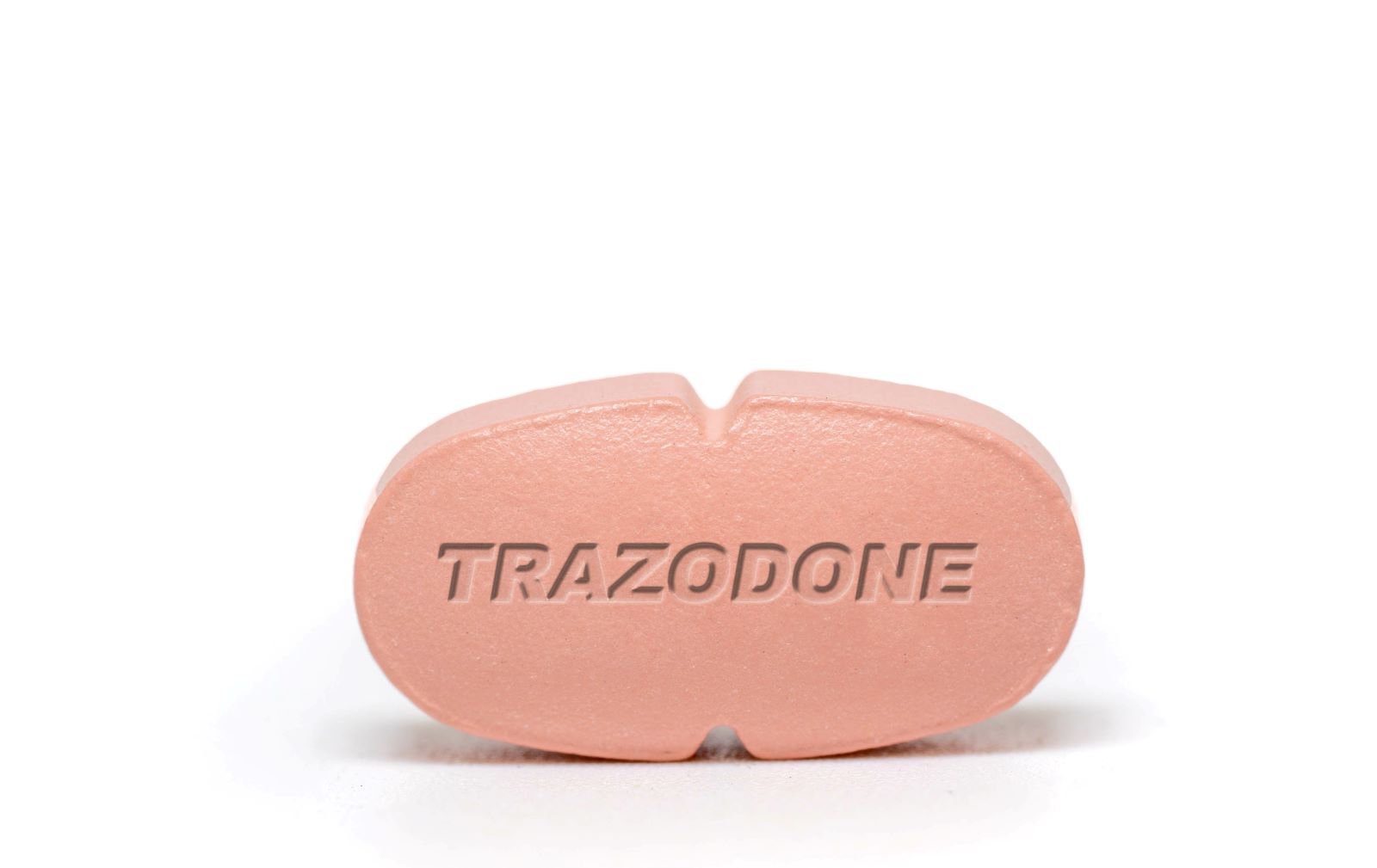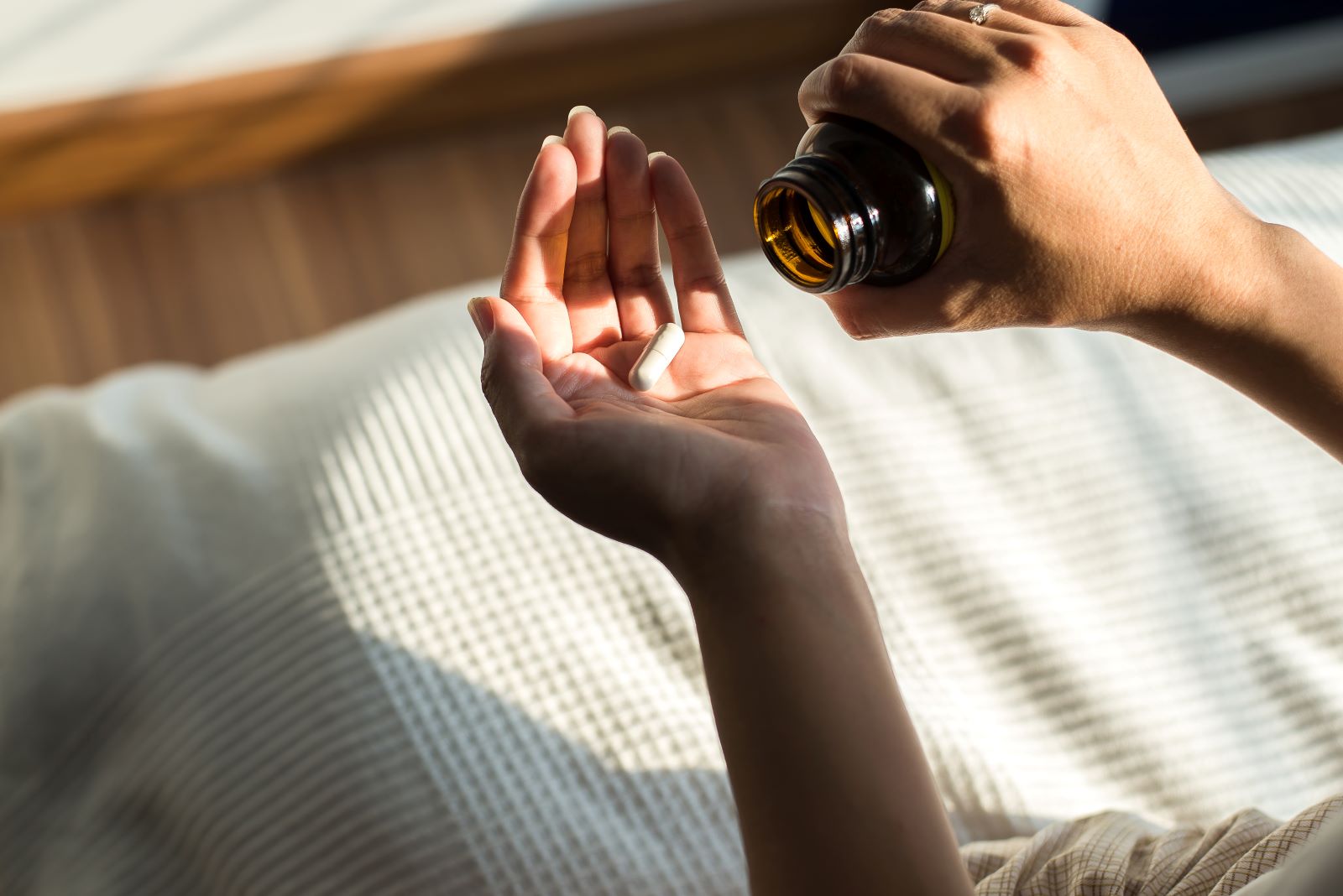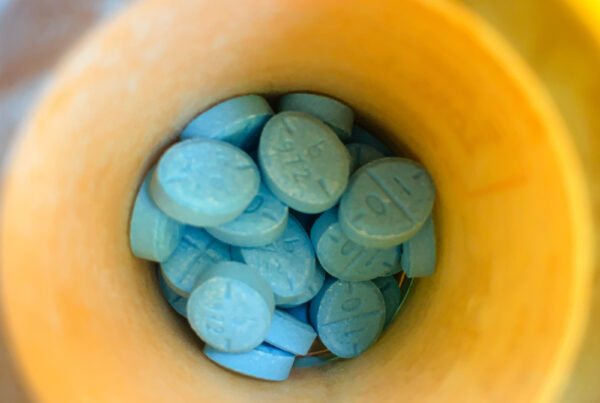
Table of Contents
Trazodone is one of those medications that seems to be getting more common, or at least talked about more often than it is used to be. Of course, there are plenty of other medications that have always been common, but which weren’t discussed because the reasons people took them were seen as shameful or stigmatizing.
Unfortunately, that means that many people don’t have as much information about the medications they take as they should, or that they don’t fully understand these medications. Of course, some of the time, there are medications that even the doctors don’t fully understand. In that case, it’s still important to know as much about the medications you’re taking as you can, even if that just means understanding the side effects, ingredients, and what the medication is meant to do.
So, if you’re wondering if Trazodone is a controlled substance, that’s a fantastic place to start, but there’s a lot more you need to know at the same time. Let’s talk about what you need to know about Trazodone, including the side effects, risks, whether you can get addicted to this medication, and whether the trazodone is a controlled substance.
What Is Trazodone and How Is It Used?
Trazodone is an important medication for treating depression. The medication is thought to work by increasing the amount of serotonin in your brain [1], which can have many effects. Serotonin is involved in many processes, including your reward system and producing a feeling of happiness, as well as being involved in sleep.
Typically, patients using this medication will take it once or twice a day, and one of those doses will typically be just before bed. That’s because one of the primary effects of trazodone is to reduce depression-related insomnia and to make it easier to sleep. However, for people who take two doses of the medication a day, it’s also important to pay attention to how the medication makes you feel and whether taking trazodone makes you tired.
Trazodone typically takes a few weeks for you to feel the full impact of the medication. It might take two to four weeks for the drug’s full effects to be clear. Things like tracking sleep times, tracking your mood over time, and paying attention to any other small changes that happen in that time can be useful for showing you how much impact the medication has, and for spotting any unwanted or troublesome side effects at the same time.
Like most antidepressant medications, it’s incredibly important to take Trazodone exactly as prescribed. Stopping this medication suddenly can cause problems, including increased depression and anxiety. Skipping or forgetting to take doses of this medication can lower its overall effectiveness. The more consistent you can be about taking this medication, the better your results from the medication are likely to be.
Side Effects And Risks Of Trazodone
Like all medications, there are some side effects and risks that come with taking trazodone. For most people, these side effects should be relatively mild, and the risks are incredibly rare. However, if you do have more serious side effects, it may be worth talking with your prescriber to see if there is a good alternative medication that might work for you as well.
Additionally, antidepressants tend to have the most significant side effects when you first start taking the medication. These side effects often get less significant as you continue taking the medication.
If side effects start getting worse, instead of getting better over time, that’s another good reason to consult with your prescriber.
Common side effects of Trazodone include:
- Nausea
- Vomiting
- Diarrhea
- Dizziness
- Fatigue
- Drowsiness
- Blurred vision
- Weight changes
- Headache
- Dry mouth
- Bad taste
- Constipation
- Stuffy nose /congestion
You can help reduce some of these side effects with diet, proper hydration, and being careful about how you get up from a seated or lying position. However, if these side effects become unmanageable that might mean that this isn’t the right medication for you.
The good news is that there are plenty of antidepressant options out there. So, if Trazodone isn’t the medication for you, you should be able to find something that works better. It might just take some trial and error to find the right combination for you.
Is Trazodone A Controlled Substance?
No. At this point in time Trazodone is not a controlled substance [2]. That’s because the controlled substance designations are reserved for medications and drugs that can be habit-forming and either have limited and specific medical use or don’t have an accepted medical use in the case of some levels of control.
Trazodone isn’t considered a controlled substance because it hasn’t been shown to cause significant rates of dependence beyond what’s considered normal for a antidepressant and any long-term medication.
What Does Trazodone Not Being Controlled Mean For Me?
There are a wide range of impacts on patients directly because of Trazodone not being controlled.
Probably the most significant is that doctors aren’t limited in how much of the medication they are allowed to prescribe or how many doses or refills they are able to authorize for a patient. That’s important because it gives your prescriber more flexibility to deal with your specific situation and needs. For instance, if you discover that Trazodone is a good medication for you, you’ll potentially have the option to go longer between appointments and between visits while still taking the medication.
Trazadone being uncontrolled also means that it’s easier for your doctor to customize when you take your medication, how much you take of the medication, and other details. That’s important with an antidepressant because every patient’s needs are individual and empowering doctors to customize care might lead to better outcomes overall. Additionally, you won’t be limited in how much of the medication you have and how much of the medication you keep and you won’t be required to turn in any leftover medication you still have after you stop and switch to another medication.
 Can You Get Addicted To Trazodone?
Can You Get Addicted To Trazodone?
An addiction to Trazodone is relatively rare, this isn’t a medication that is traditionally habit-forming in the way that most people think of a medication being addictive. People can form a chemical dependence on Trazodone because it does alter internal chemistry, but that doesn’t necessarily mean that it’s an addiction.
One of the differences is that people won’t typically crave trazodone when they forget a dose or after stopping taking it. They will feel the difference, they may intellectually understand that they need to take the medication to feel better, but they won’t necessarily crave the medication in the same way.
Trazodone use, assuming you use the medication as prescribed, also isn’t harmful. Many addictive medications or drugs alter your neurochemistry in a way that can be harmful if it’s used improperly, for too long, or in high enough concentrations.
Antidepressants like trazodone also alter neurochemistry, but in a way that is ultimately beneficial for the person using the medication, rather than in a way that’s harmful.
After stopping Trazodone, in addition, most people don’t find themselves craving the drug for months or years after they stop, unlike most addictive substances once you develop an addiction to that substance.
Can You Get Addicted To Something Else While Taking Trazodone?
Yes. While trazodone addiction may not be a risk in general, people who have mental health disorders can be more at risk of addiction than people who don’t deal with mental health disorders.
There is nothing about taking trazodone that makes you immune to other forms of addiction and depending on what you get addicted to, it could interfere with your medication, and it could interfere with your recovery and the ability of your medication to help.
How Get Help Overcoming Addiction
If you are struggling with addiction, or are having a hard time overcoming mental health problems, and just need a little extra support, there are options for you, even if you’re taking trazodone at the time and need to manage the complications of a dual diagnosis.
The good news is that there are plenty of resources for people who need additional help with their addiction, or who are looking for assistance overcoming mental health challenges that may be more complicated or difficult to overcome.
If you’re looking for science-informed treatment that can handle your challenges, that can help you find the right medications or combination of medications, or that can help balance medication requirements with withdrawal and coming out of addiction, don’t give up hope.
At Ocean Recovery, we are experienced in helping with a wide range of situations, including finding the individually focused coping mechanisms and tools you need to thrive. We’ll work with you to overcome challenges, address concerns, and do everything we can to give you the tools you need to live an addiction-free life even after treatment. Plus, we understand how mental health can complicate the process and are happy to work with you on any mental health concerns at the same time.
Contact us to learn more about our admissions and intake process, and to find out more about our treatment programs and how we can help you.

 Can You Get Addicted To Trazodone?
Can You Get Addicted To Trazodone?


